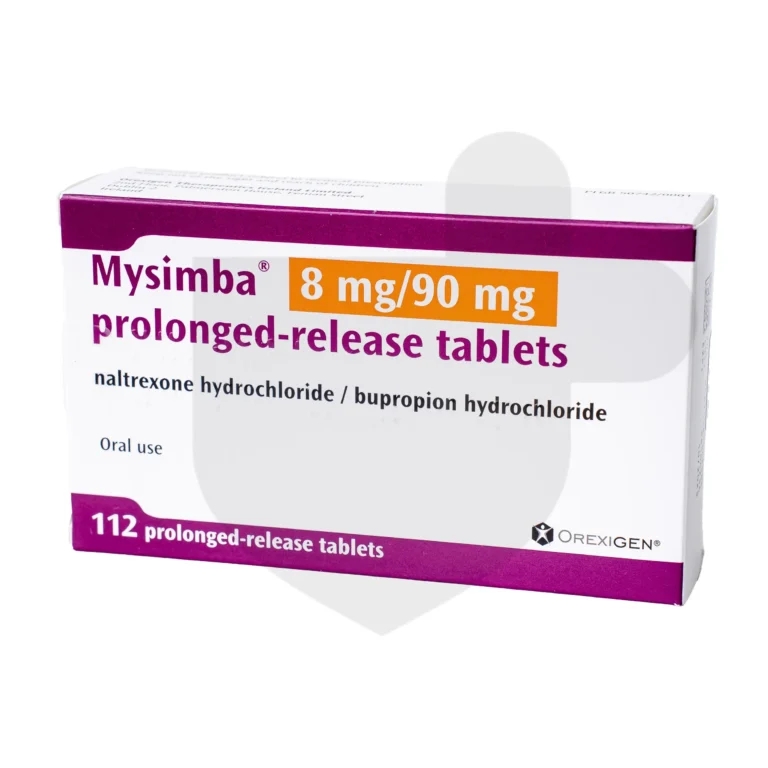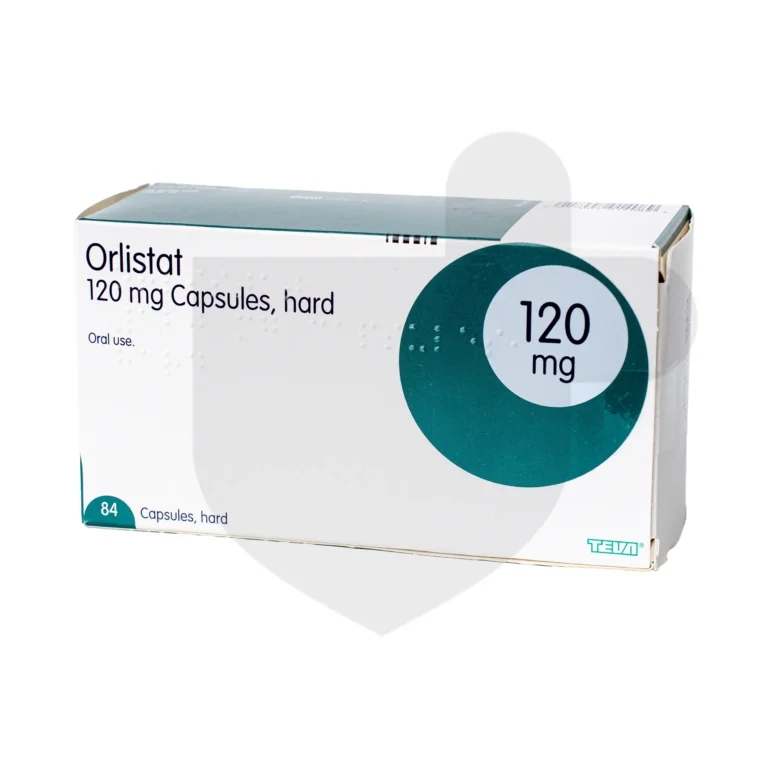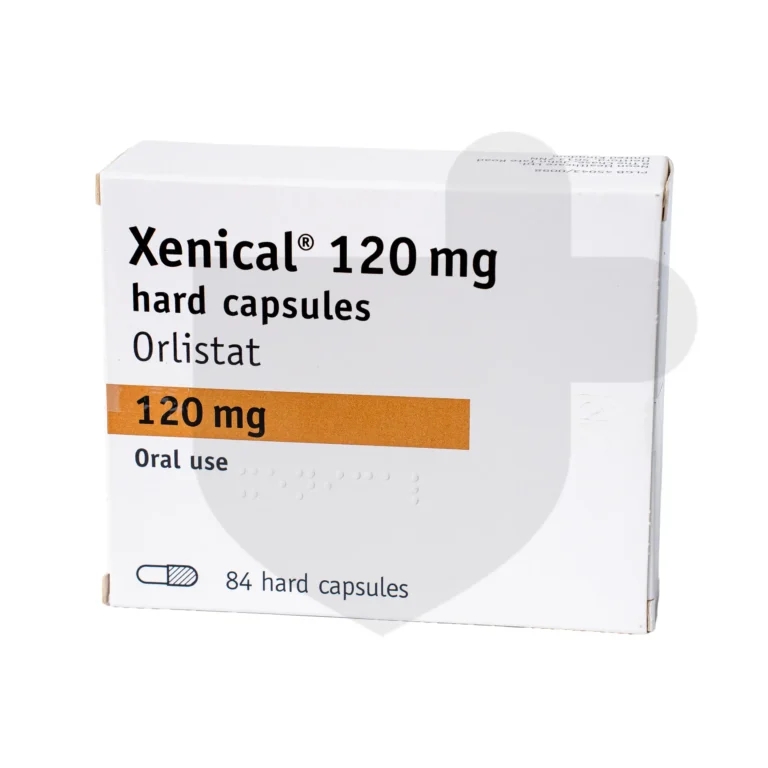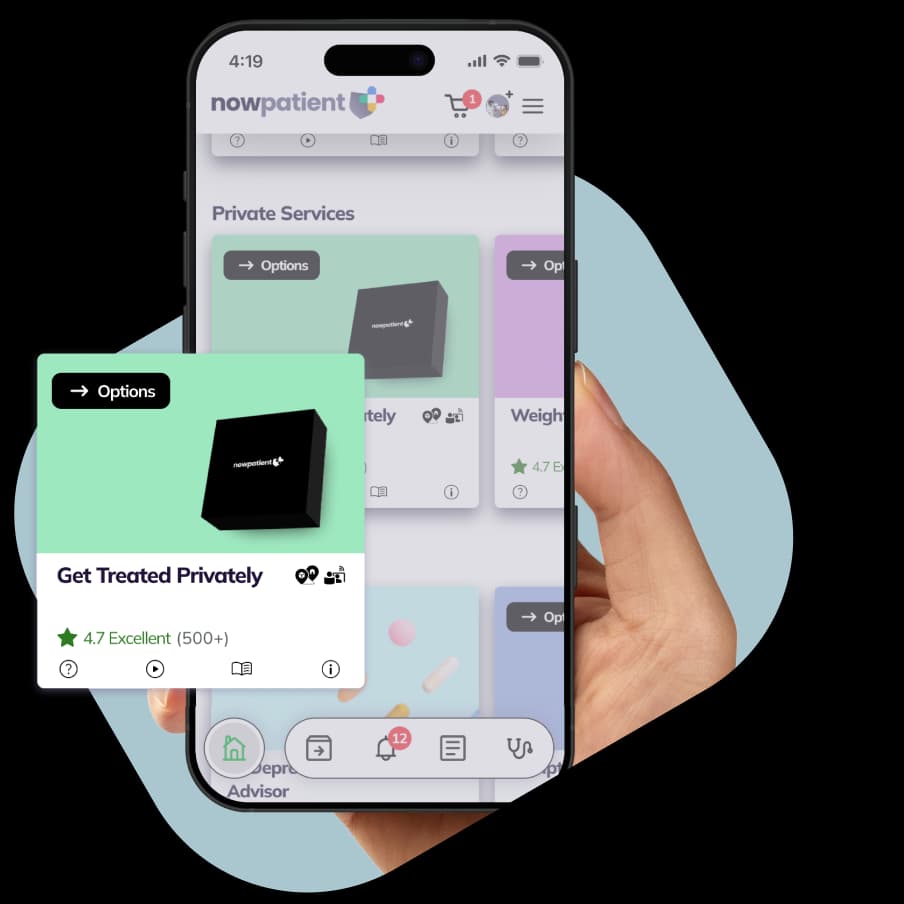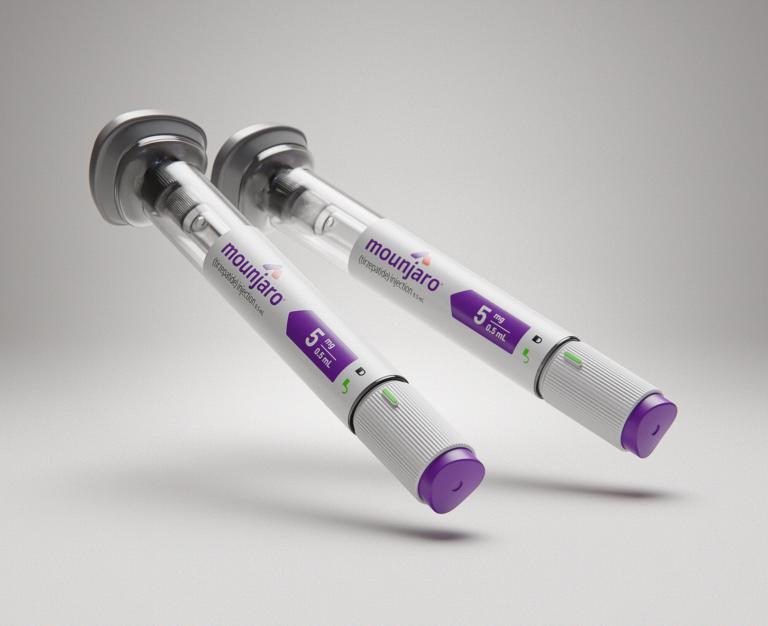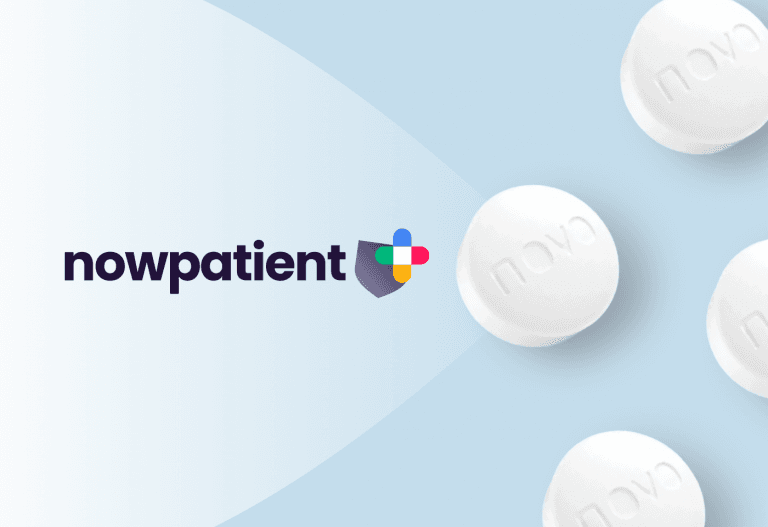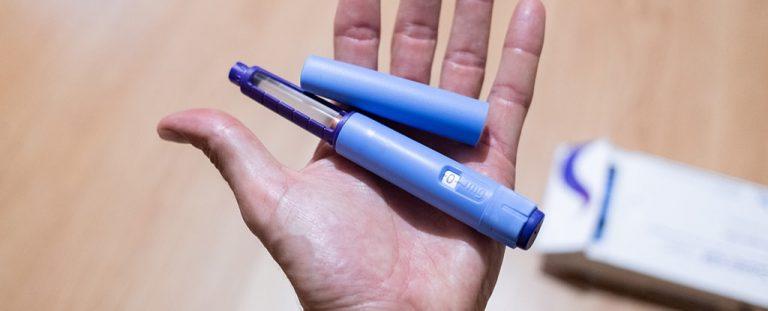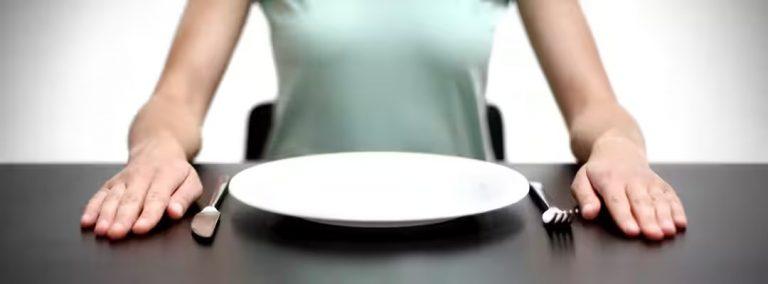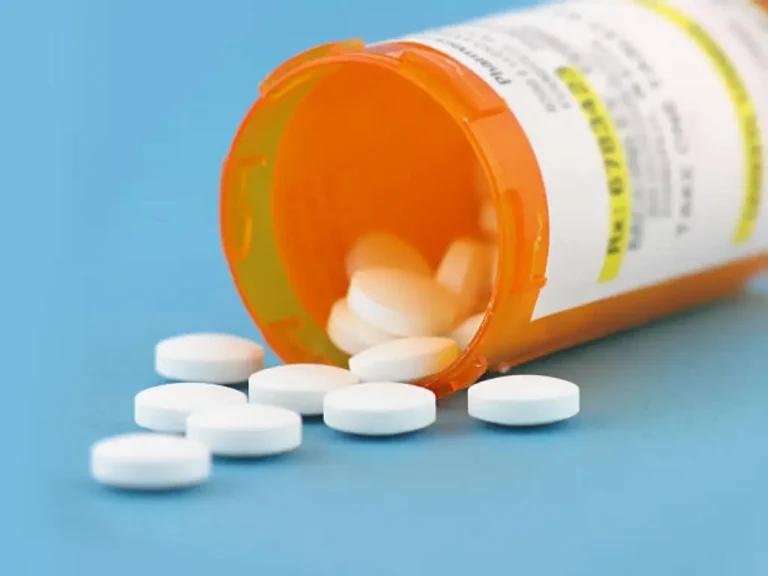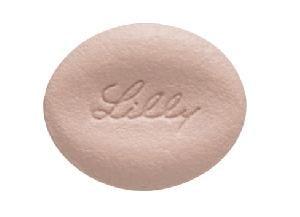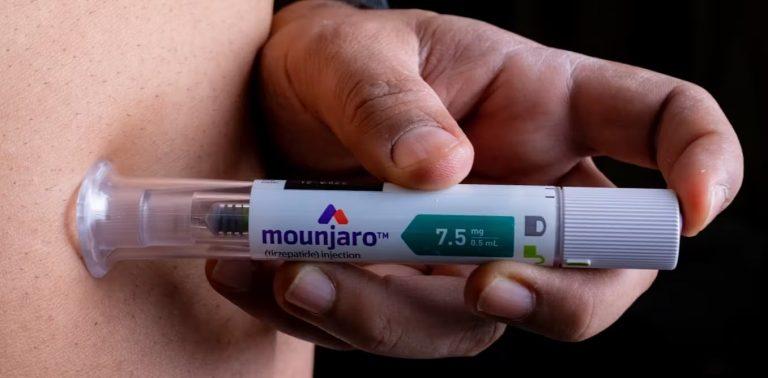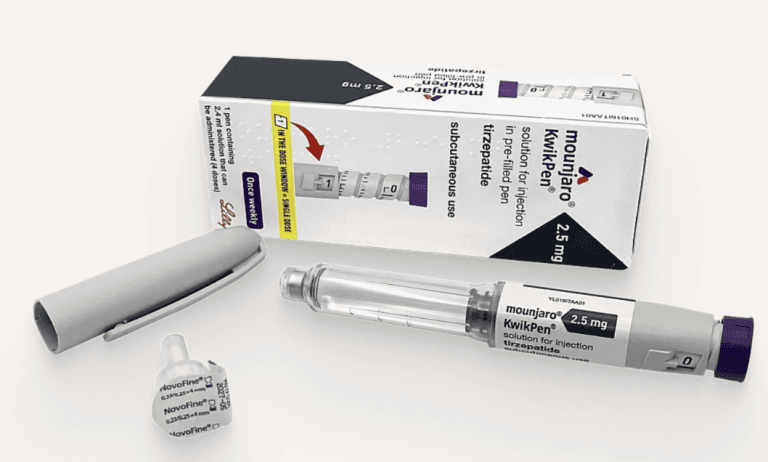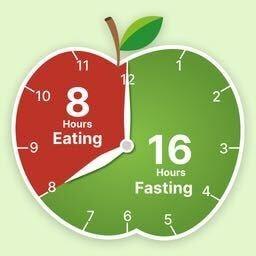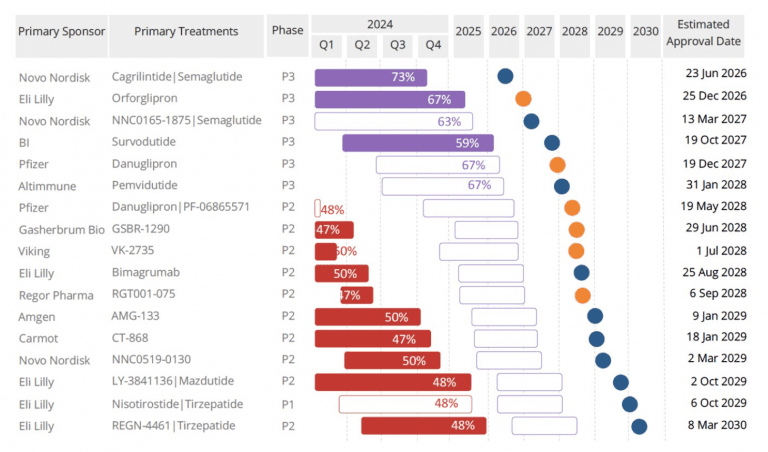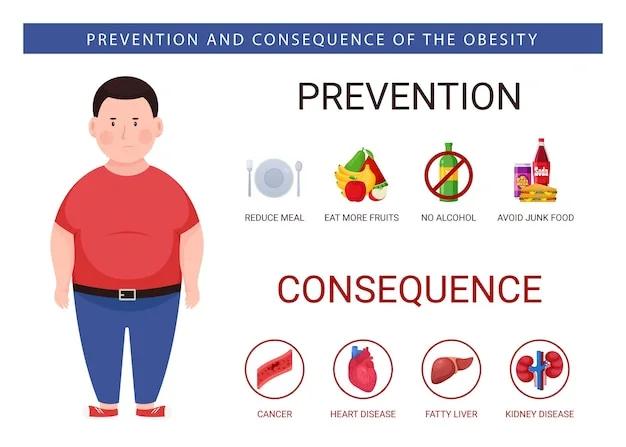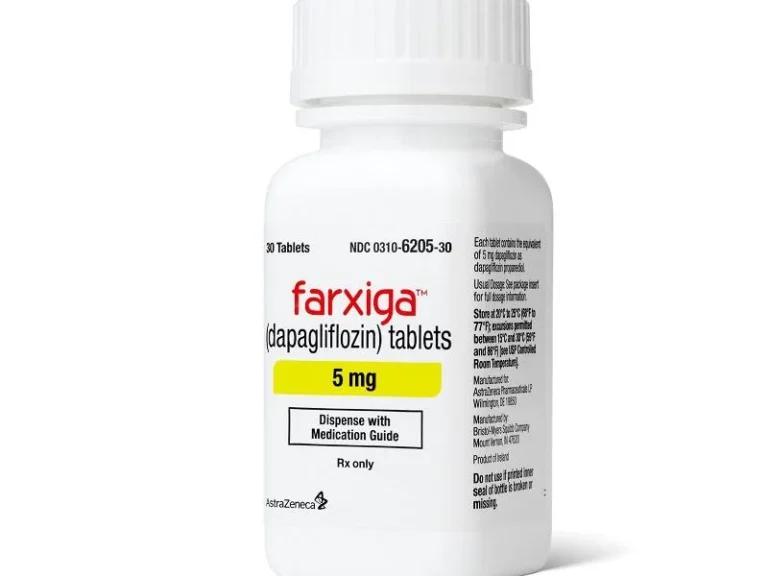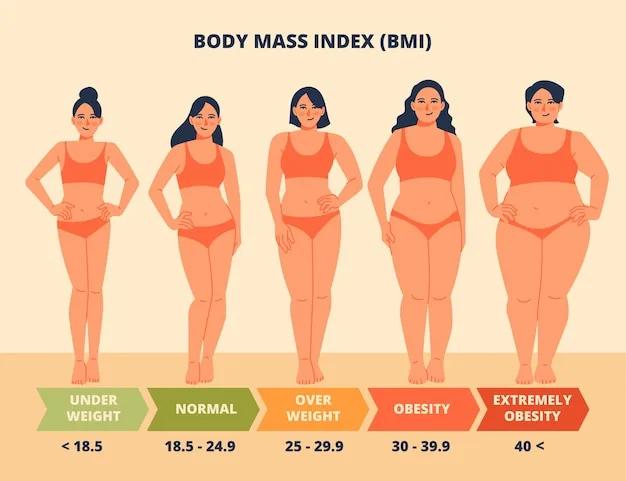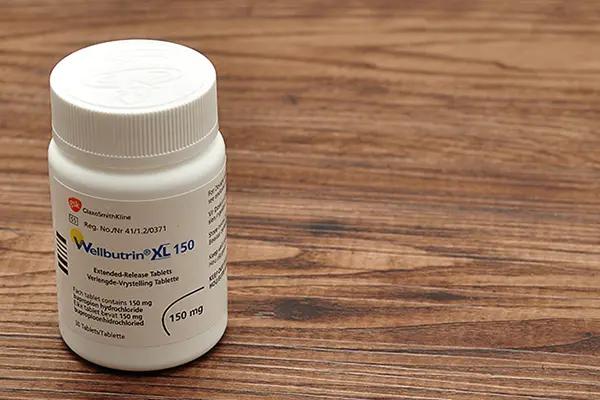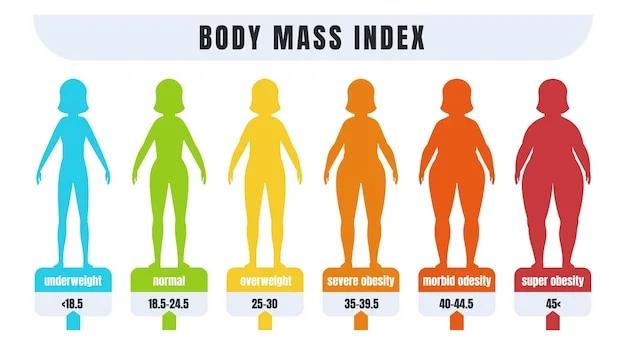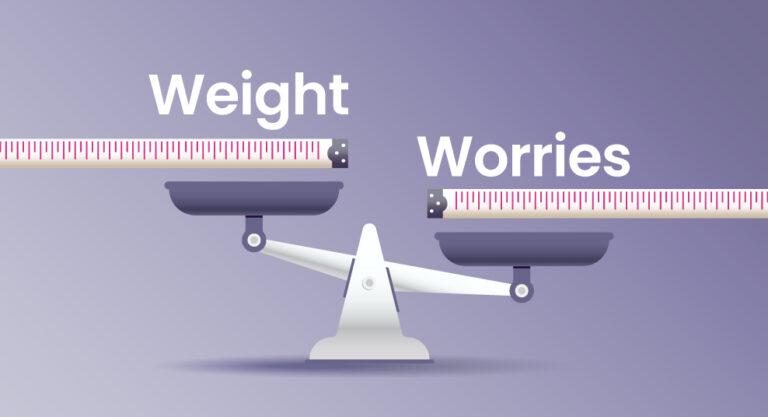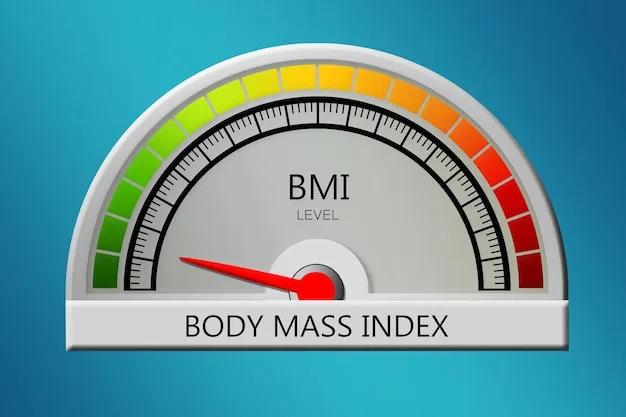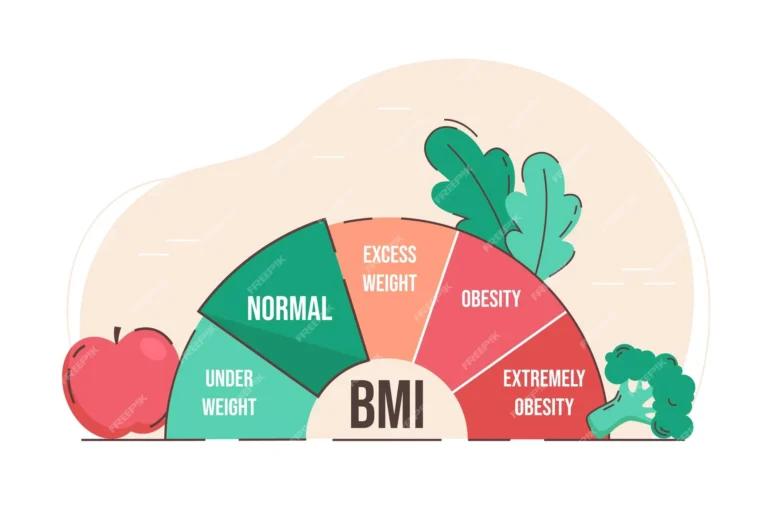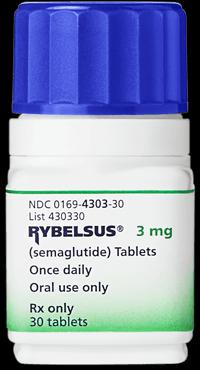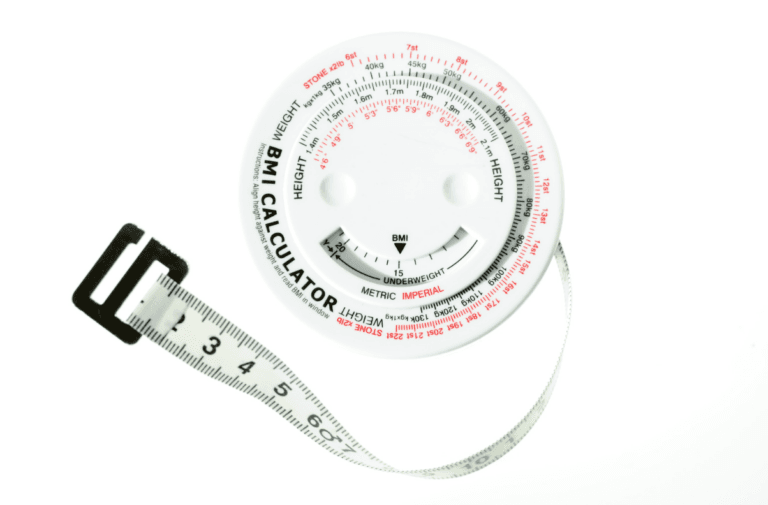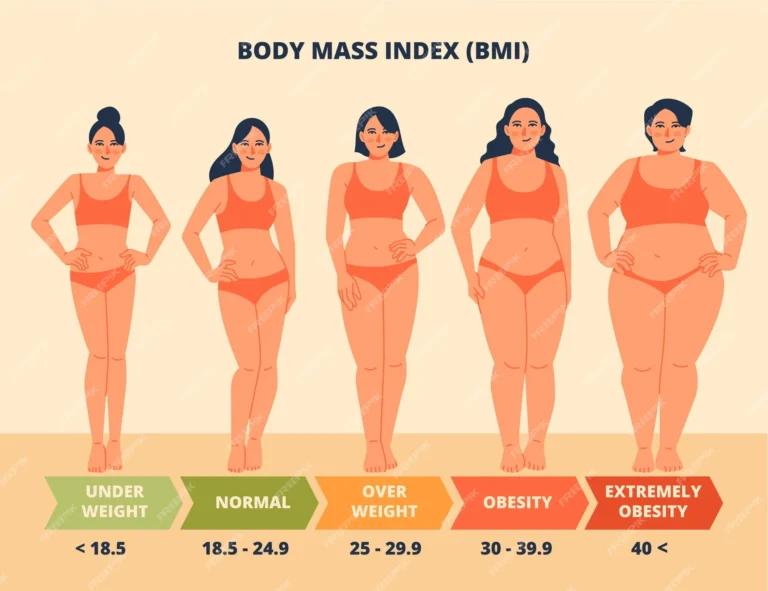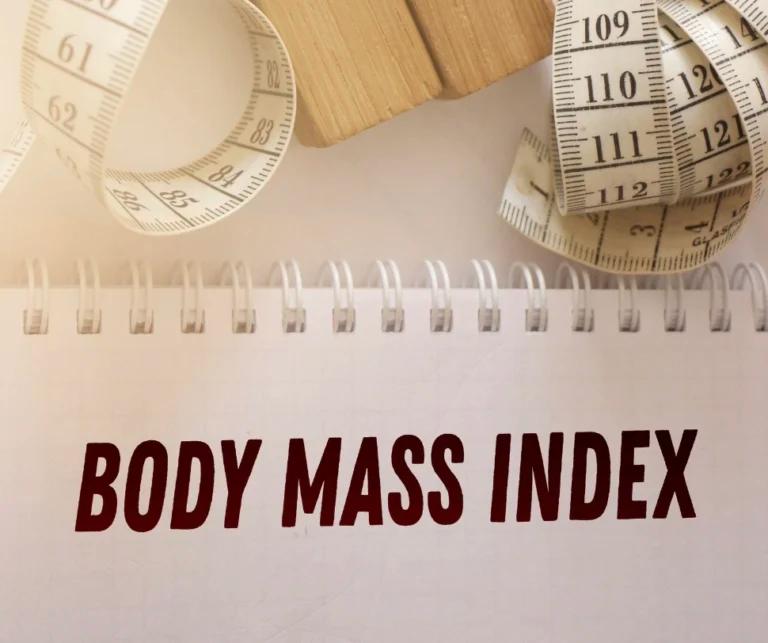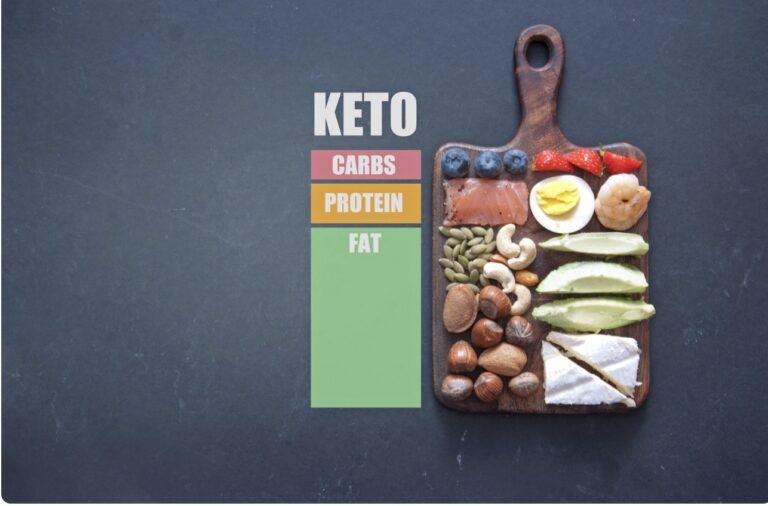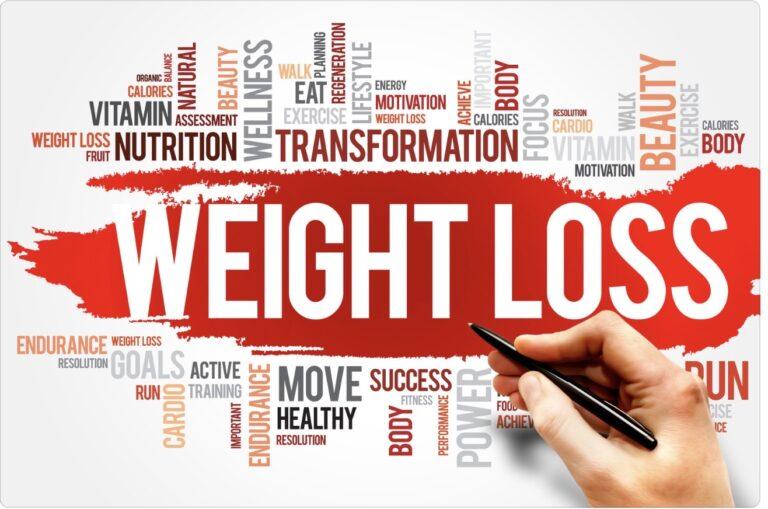Buy Weight Loss Tablets Online with Free Next-Day Delivery†
* Includes Free Private Prescription & Consultation.
† Applies to UK only.

START YOUR TREATMENT TODAY
Available Treatments for Weight Loss Tablets
SAFE PRESCRIBING
Get Started With the Right Treatment for You
MEDICAL INFORMATION
Weight Loss Tablets Key Facts
Having a well-balanced diet and exercising are essential for any weight loss treatment and for the prevention of weight gain. However, some individuals may also benefit from using prescription weight-loss drugs. Here, we will take a closer look at the pros and cons of these medications, their side effects, effectiveness and other important considerations.
What are prescription weight-loss drugs?
Prescription weight-loss drugs are medications prescribed to individuals who have been unable to lose weight through diet and exercise alone. These drugs are regulated by the FDA and require a prescription, issued by a healthcare professional.
They are recommended for people with a body mass index (BMI) greater than or equal to 30, indicating obesity, or a BMI greater than or equal to 27 with a weight-related medical problem such as type 2 diabetes, heart disease or high blood pressure.
How do prescription weight-loss drugs work?
Prescription weight-loss drugs work through a variety of mechanisms, some are appetite suppressants, while others prevent the absorption of dietary fat.
Bupropion-Naltrexone (Contrave)
The combination of the active ingredients, bupropion and naltrexone helps to reduce appetite and cravings, making it easier to maintain a calorie-restricted diet. Bupropion does carry a risk of suicidal thoughts and increased blood pressure, and therefore requires close monitoring.
Liraglutide (Saxenda)
Liraglutide, originally developed to manage diabetes is now approved for weight loss in people without diabetes. Liraglutide mimics GLP-1, which regulates appetite and helps control blood sugar levels by increasing feelings of fullness and reducing food intake. Side effects of liraglutide include nausea, vomiting, and pancreatitis.
Orlistat (Xenical, Alli)
Orlistat inhibits the absorption of dietary fat in the intestines by blocking an enzyme called lipase, which is responsible for breaking down body fat. This results in a portion of the consumed fat passing through the digestive system without being absorbed. Orlistat is available as Xenical, or over-the-counter, as Alli. Common side effects include oily stools, gas, and frequent bowel movements.
Phentermine-Topiramate (Qsymia)
Phentermine-topiramate suppresses appetite and increases feelings of fullness. Phentermine acts as a stimulant, helping to reduce appetite, while topiramate is an anticonvulsant that causes weight loss as a side effect. Side effects of phentermine-topiramate include increased heart rate, insomnia, and tingling in the hands and feet.
Semaglutide ( Wegovy , Ozempic )
Semaglutide is another GLP-1 receptor agonist, initially developed to manage diabetes, but has subsequently shown significant weight-loss effects. Semaglutide regulates appetite and helps to reduce food intake. Semaglutide is available as a weekly injection. Side effects include nausea, diarrhoea, and headache.
Setmelanotide (Imcivree)
Setmelanotide is approved for use in children, 6 years of age and older, with obesity caused by specific genetic conditions. It helps to regulate hunger and fullness by targeting rare genetic disorders associated with extreme hunger. Side effects include skin irritation, nausea, and changes in skin pigmentation.
These medications should be used in combination with a weight-loss plan that includes a healthy diet and regular exercise. They should be used to enhance the effectiveness of lifestyle changes and not as a standalone solution for weight loss.
Effectiveness of prescription weight-loss drugs
Studies show that people who combine weight loss drugs with a reduced-calorie diet and increased physical activity can lose between 5 to 12 percent more weight than when using lifestyle changes alone.
Pros and cons of prescription weight-loss drugs
Pros:
- Enhanced weight loss
- Health benefits, such as improvements in blood pressure, blood sugar levels, and lipid profiles
- These medications are rigorously tested ensuring their safety and efficacy
- They are prescribed by healthcare providers who monitor their effects and provide guidance
Cons:
- Common side effects include nausea, constipation and diarrhoea
- These medications can be expensive
- They are not suitable for everyone, and specific weight-related criteria need to be met for eligibility
- Some people may regain weight once they stop taking these medications, especially if they have not made lifestyle changes
Important considerations
Before considering weight-loss drugs, it is important to evaluate your medical history, health conditions, and eligibility for treatment. Points to consider:
- Always speak to a healthcare provider before starting any weight-loss treatment to ensure it is safe and appropriate for you
- Follow the prescribed treatment plan
- Be aware of potential side effects
- Focus on making lifestyle changes
Frequently asked questions about Weight Loss Tablets
How effective are weight loss pills?
Weight loss medications play a significant role in weight loss, but it is important to understand they work best when used in combination with dietary changes and increased physical activity.
How do weight loss pills work?
Most weight loss pills target your appetite, but the exact mechanism is not fully understood. Some weight loss medications, such as orlistat, work by reducing the absorption of fat. Tirzepatide, a newer weight loss drug affects both appetite and how long you feel full after eating.
What is the best weight loss pill?
The best weight loss pill will depend on the individual and various factors, including age, degree of obesity, presence of diabetes, and history of smoking. However, it is important to consult with your doctor to decide the most suitable weight loss pill for you.
Can I use weight loss pills long-term?
The duration of treatment will depend on the person’s response and overall health. Weight loss medications are, however, generally not a short-term solution. Weight loss medications typically need to be taken for an extended period. However, with the adoption of healthy lifestyle habits, some people may be able to maintain their healthy weight management without the use of weight loss pills.
What are the regulations for weight loss pills?
Weight loss dietary supplements are not regulated by the FDA, unlike prescription weight loss pills. Exercise caution when considering weight loss dietary supplements, as many of these products can interact with medications, causing potential health risks.
Are there any risks when taking weight loss pills?
Weight loss dietary supplements can carry potential risks and side effects. These supplements can cause side effects such as headaches, sleeping problems, flatulence, gas, chest pain, anxiety, muscle and bone pain, rapid heart rate, and high blood pressure.
Conclusion
While some weight loss pills show promising results, the effectiveness and safety of weight loss supplements remains in question. Focus on healthy lifestyle changes, such as increased physical activity and a reduced calorie intake, rather than relying on pills or supplements completely and always consult with a healthcare provider before starting any weight loss plans to ensure the best possible outcome for your health on your weight loss journey.
Sources
NowPatient has taken all reasonable steps to ensure that all material is factually accurate, complete, and current. However, the knowledge and experience of a qualified healthcare professional should always be sought after instead of using the information on this page. Before taking any drug, you should always speak to your doctor or another qualified healthcare provider.
The information provided here about medications is subject to change and is not meant to include all uses, precautions, warnings, directions, drug interactions, allergic reactions, or negative effects. The absence of warnings or other information for a particular medication does not imply that the medication or medication combination is appropriate for all patients or for all possible purposes.
Related Articles
OUR CUSTOMERS VIEW
What Customers Love About Our Service
We want everyone to be happy and healthy, that’s what keeps us going. Read what some of them have to say about us.
Medicines Experts
Meet Our Medical Team
We are a broad skilled and passionate group of clinicians with experience of operating in health systems in the United Kingdom & United States. Providing excellent care and advice is at the heart of everything we do. You can read more about our medical team by visiting the medical team page or learn more about how we curate content by visiting our editorial process






